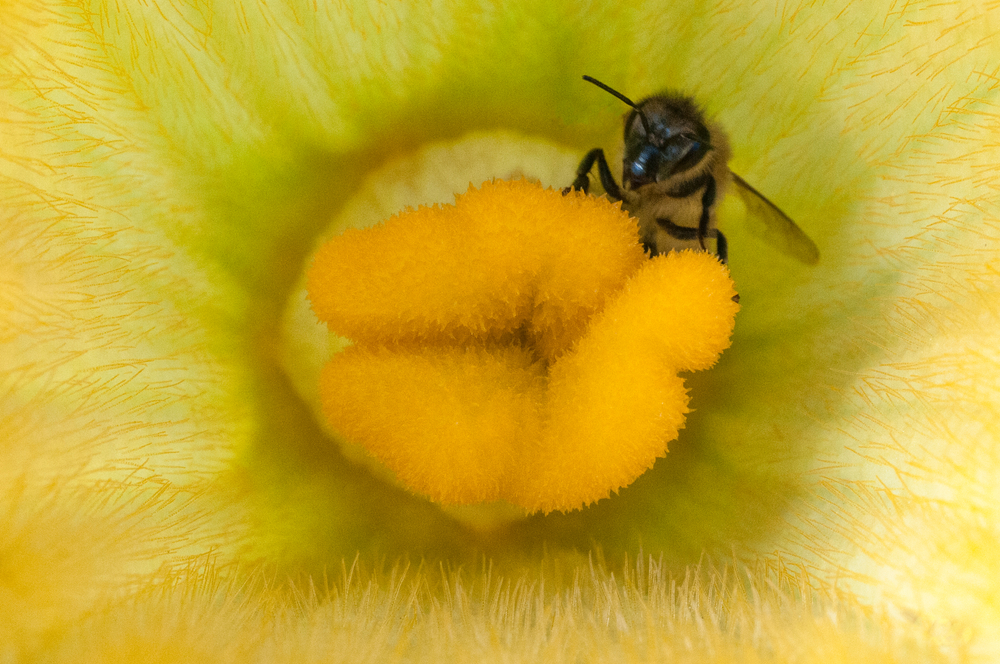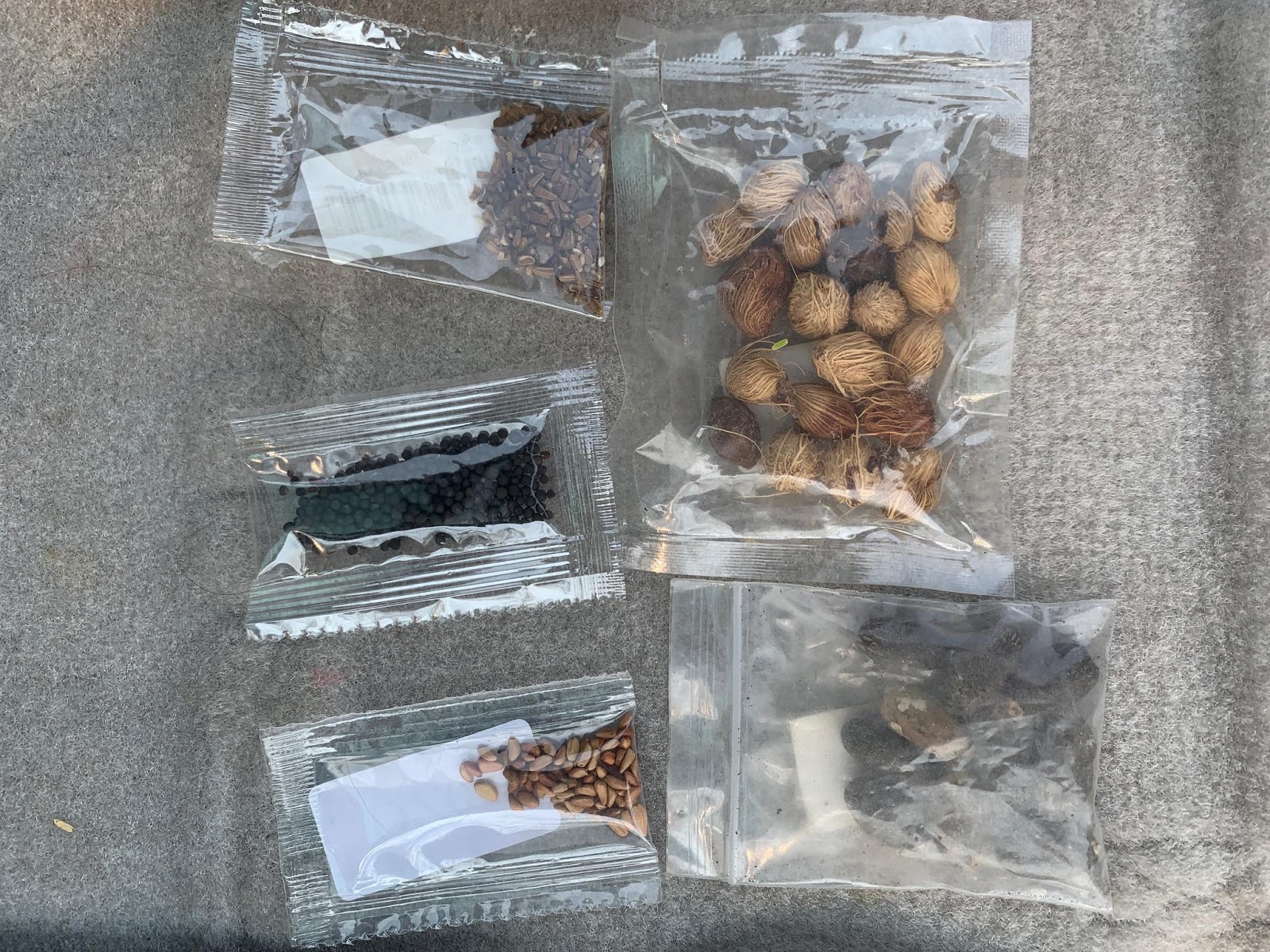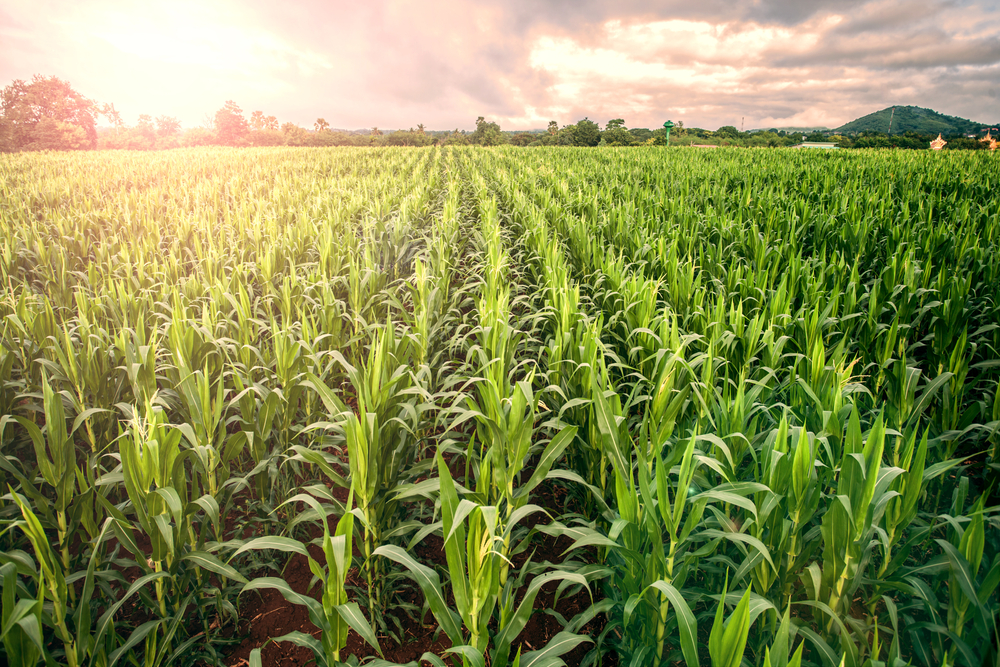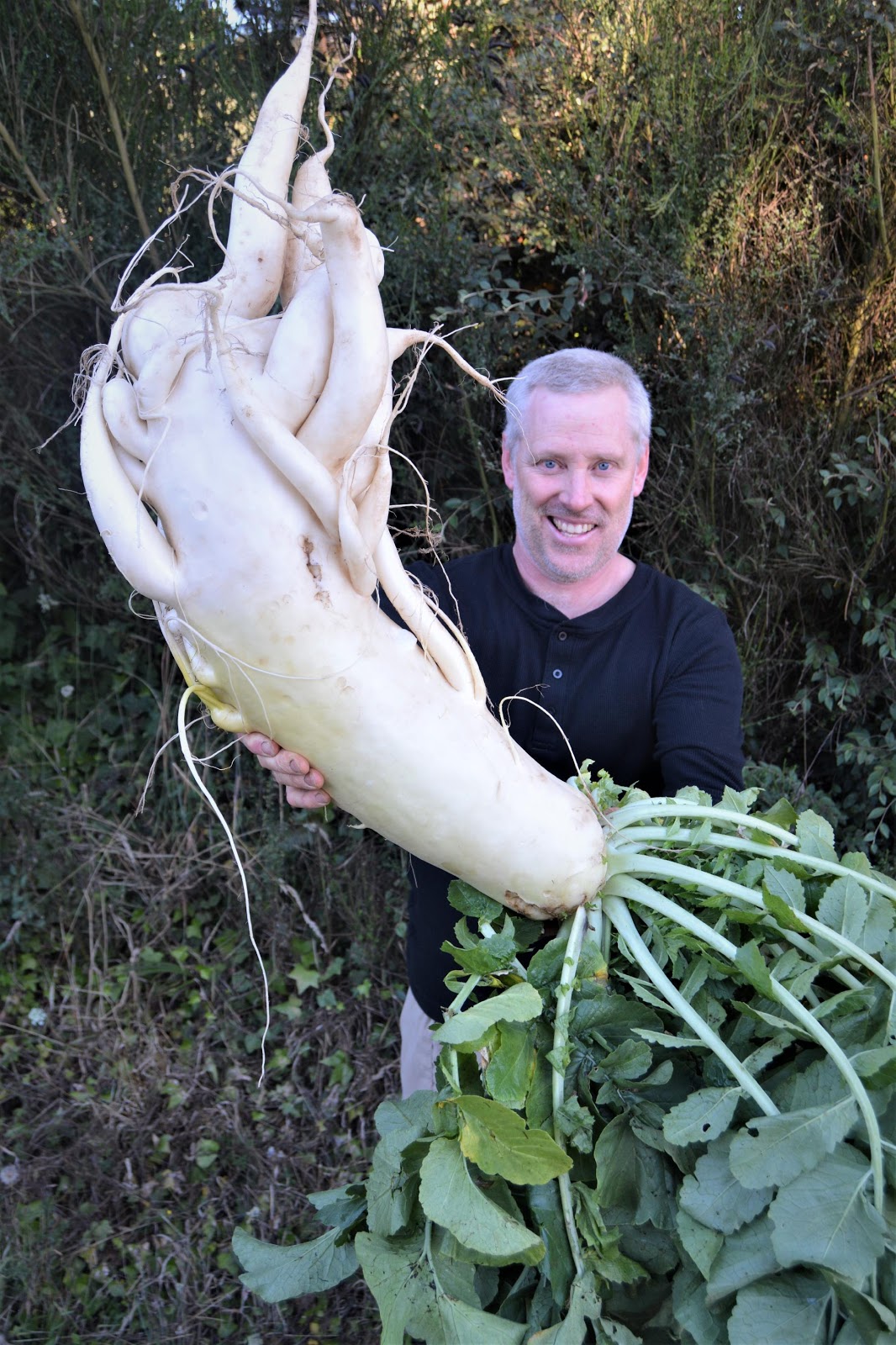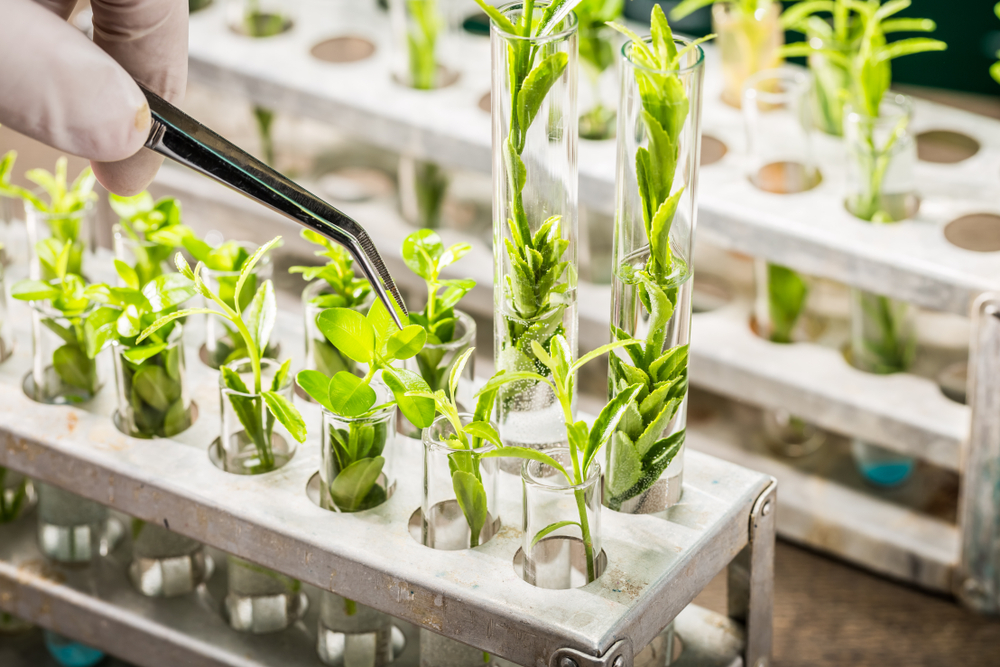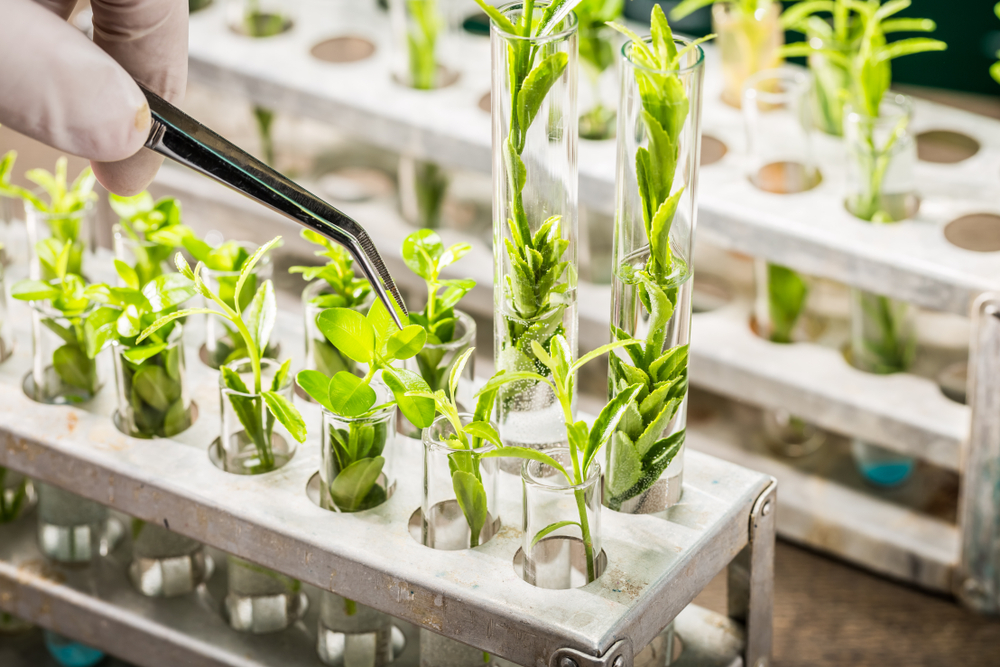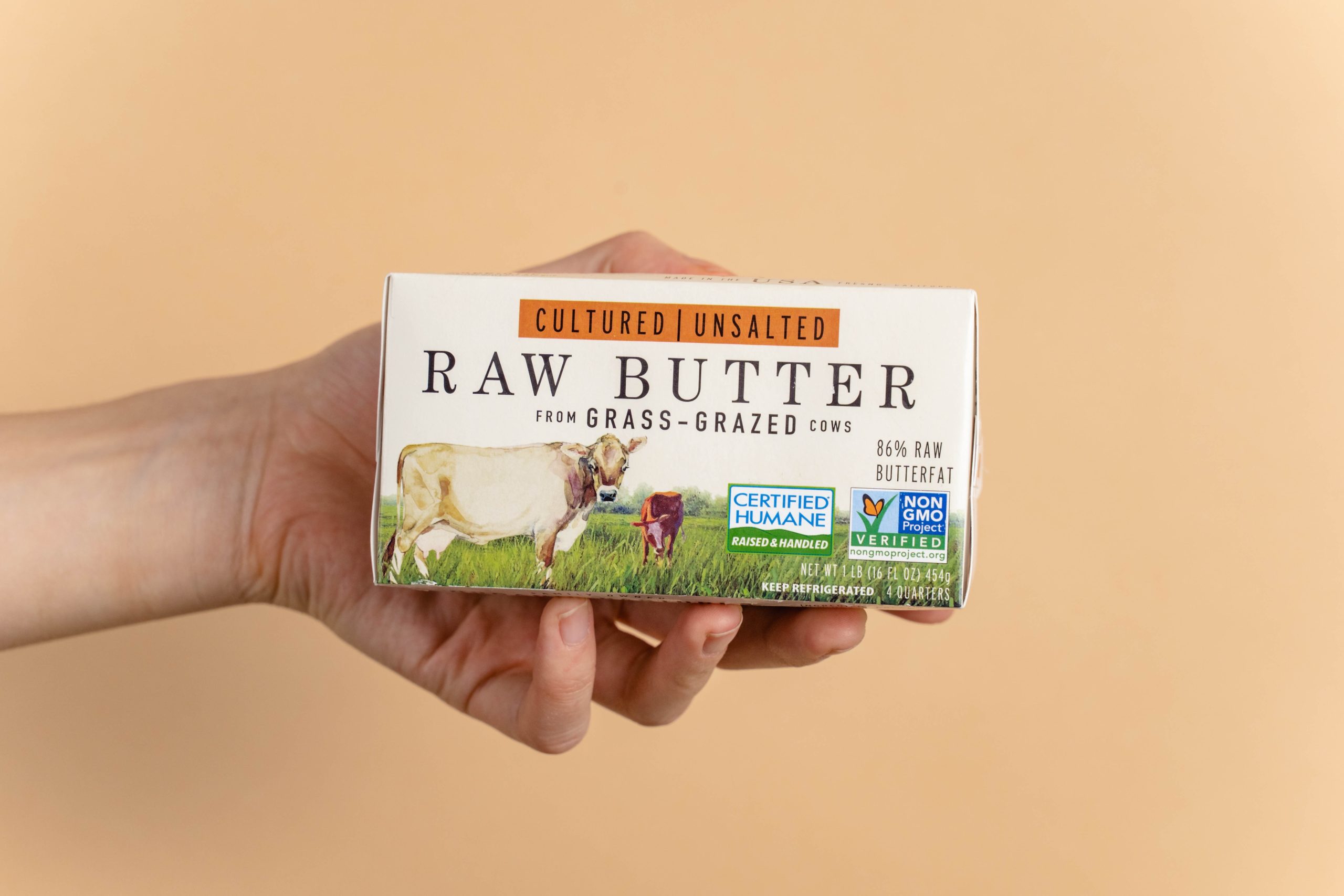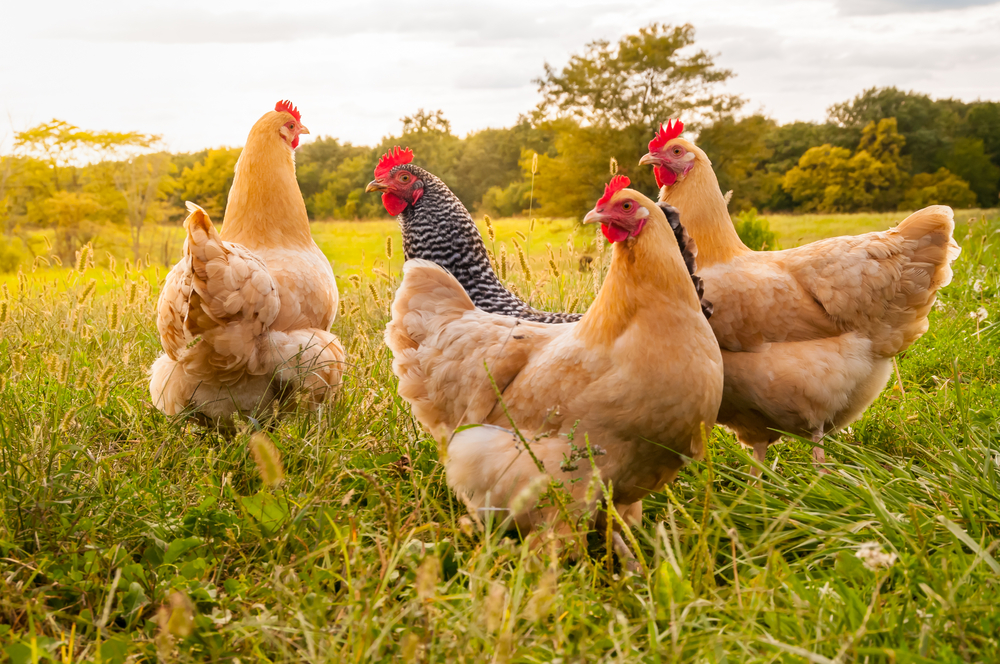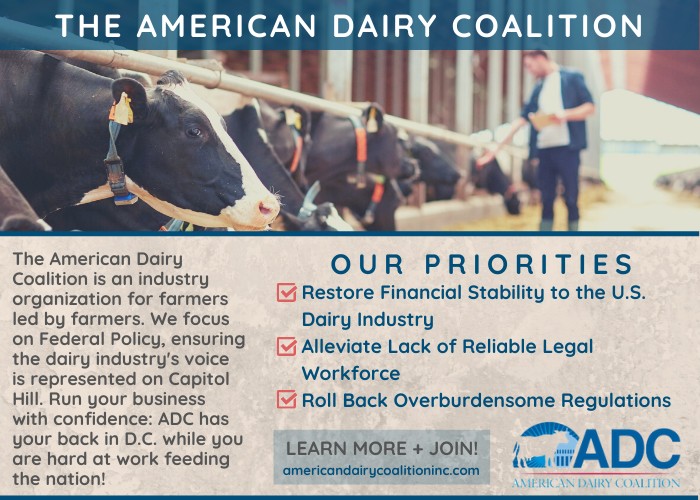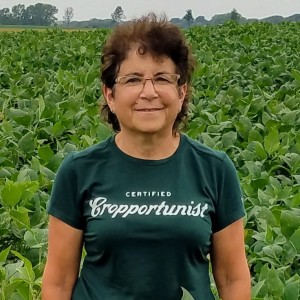 Nancy Kavazanjian
Nancy Kavazanjian
Topics: Agriculture US, Jobs US,
Why Biden’s Infrastructure Plan Could Be a ‘Big F**king Deal’ for American Farmers
It is, at long last, Infrastructure Week in Washington. It likely will be for months to come, too. President Joe Biden on Wednesday formally unveiled a $2-trillion infrastructure proposal during an afternoon speech that kicked off what is expected to be a prolonged sales pitch for the sweeping package. “It’s not a plan that tinkers around the edges,” he said. “It’s a once-in-a-generation investment in America unlike anything we've done since we built the interstate highway system and the space race decades ago.' Dubbed the American Jobs Plan, the eight-year spending proposal promises to modernize 20,000 miles of roads, repair
-
(0)
-
Bookmark
- Comments (0)
03/13/2021 SOURCE: modernfarmer.com
It’s been a truly wild year in food and agriculture. To be fair, it’s been a truly wild year everywhere, one marked by massive societal and economic upheavals as a result of the COVID-19 pandemic—and, in the case of the United States, by the government’s response to the crisis. We’ve put together a timeline of some of the most important moments over the past year related to food and agriculture and its intersection with COVID-19. January 20, 2020. The first official positive COVID-19 test in the United States is found in Washington state. It’s likely that there were other cases
A Year (Plus) of COVID-19: How the Pandemic Hit Food and Agriculture
-
(0)
-
Bookmark
- Comments. (0)
03/04/2021 SOURCE: modernfarmer.com
This article is republished from The Conversation under a Creative Commons license. Read the original article. When you think of bees, a hive humming with activity probably comes to mind. But most of the world’s 20,000 bee species don’t call a hive home. These wild species lead solitary lives instead, and around 70 percent of them build nests underground where they raise their offspring on the nectar they gather from flowers. Incredibly, almost all scientific understanding of how pesticides affect bees has come from testing domesticated honeybees, and, more recently, bumblebees. That’s largely because these species tend to be easier to work with in lab
A Common Soil Pesticide Cut Wild Bee Reproduction by 89 Percent
-
(0)
-
Bookmark
- Comments. (0)
 Randy Krotz
Randy Krotz
Topics: Agriculture US, Ag Asia / Pacific,
USDA Finds Mystery Seeds From China Were Not Sent to Harm American Agriculture
The USDA has found that there was no intentional harm associated with the thousands of unsolicited mystery seeds that showed up in American mailboxes this summer. After conducting an investigation into the seeds, the agency announced earlier this month that there was no evidence that senders were trying to damage or disrupt American agriculture with the shipments. The USDA believes the packages were part of an internet “brushing” scam. This kind of scam occurs when retailers ship inexpensive items in mass amounts to people who never ordered them. The companies then use that shipping information to post sparkling online reviews
-
(1)
-
Bookmark
- Comments (0)
01/19/2021 SOURCE: modernfarmer.com
Massive monocrop farming of corn, in the United States, brings with it a whole host of push-and-pull requirements. This style of agriculture drains the soil of nutrients, making it incapable of high-yield production. To make up for that, farmers have to drench the soils in fertilizer. A new study from researchers at the University of Colorado Boulder ran models to get a sense of what the economic costs of this system are and found they are quite staggering. A key problem with trying to figure out exactly how degraded soils are, at least in the US and some other countries
Degraded Soil Costs Corn Farmers Hundreds of Millions of Dollars a Year: Study
-
(0)
-
Bookmark
- Comments. (0)
11/02/2020 SOURCE: modernfarmer.com
In recent months, Sam Polly’s front yard in Humboldt County, California has been a food source for his family. It’s also been somewhere locals have come to gaze at vegetables—very big ones. Flooded with 27-inch long carrots, 20-pound turnips, radishes and banana squash, Polly says his 3,000-square-foot yard has become something of an unofficial giant food museum. He started transforming his yard into a vegetable garden in March. Since then, he’s often peered out of his window and seen new faces gawking at the monstrous produce he and his children have grown. “People freak out…,” he says. “I had this
How Growing Giant Vegetables Became a Pandemic Pastime
-
(0)
-
Bookmark
- Comments. (0)
 Brandon Lance
Brandon Lance
America’s Public Plant Breeding Programs Are In Trouble
Plant breeding has been peddled as an important weapon in the fight against food insecurity. Tapping into a crop’s genetics lets scientists create new and improved plant versions that are more resilient to drought, rising temperatures and pests. Across the United States, breeding programs in public institutions like universities play a big role in this process and train the next generation of plant breeders. But recently released research shows the industry could be at risk. A new paper, published in the journal Crop Science, finds that the number of breeders in these programs is shrinking significantly. Researchers at Washington State
-
(0)
-
Bookmark
- Comments (0)
08/20/2020 SOURCE: modernfarmer.com
Plant breeding has been peddled as an important weapon in the fight against food insecurity. Tapping into a crop’s genetics lets scientists create new and improved plant versions that are more resilient to drought, rising temperatures and pests. Across the United States, breeding programs in public institutions like universities play a big role in this process and train the next generation of plant breeders. But recently released research shows the industry could be at risk. A new paper, published in the journal Crop Science, finds that the number of breeders in these programs is shrinking significantly. Researchers at Washington State
America’s Public Plant Breeding Programs Are In Trouble
-
(0)
-
Bookmark
- Comments. (0)
08/11/2020 SOURCE: modernfarmer.com
-
(0)
-
Bookmark
- Comments. (0)
07/27/2020 SOURCE: modernfarmer.com
-
(0)
-
Bookmark
- Comments. (0)




